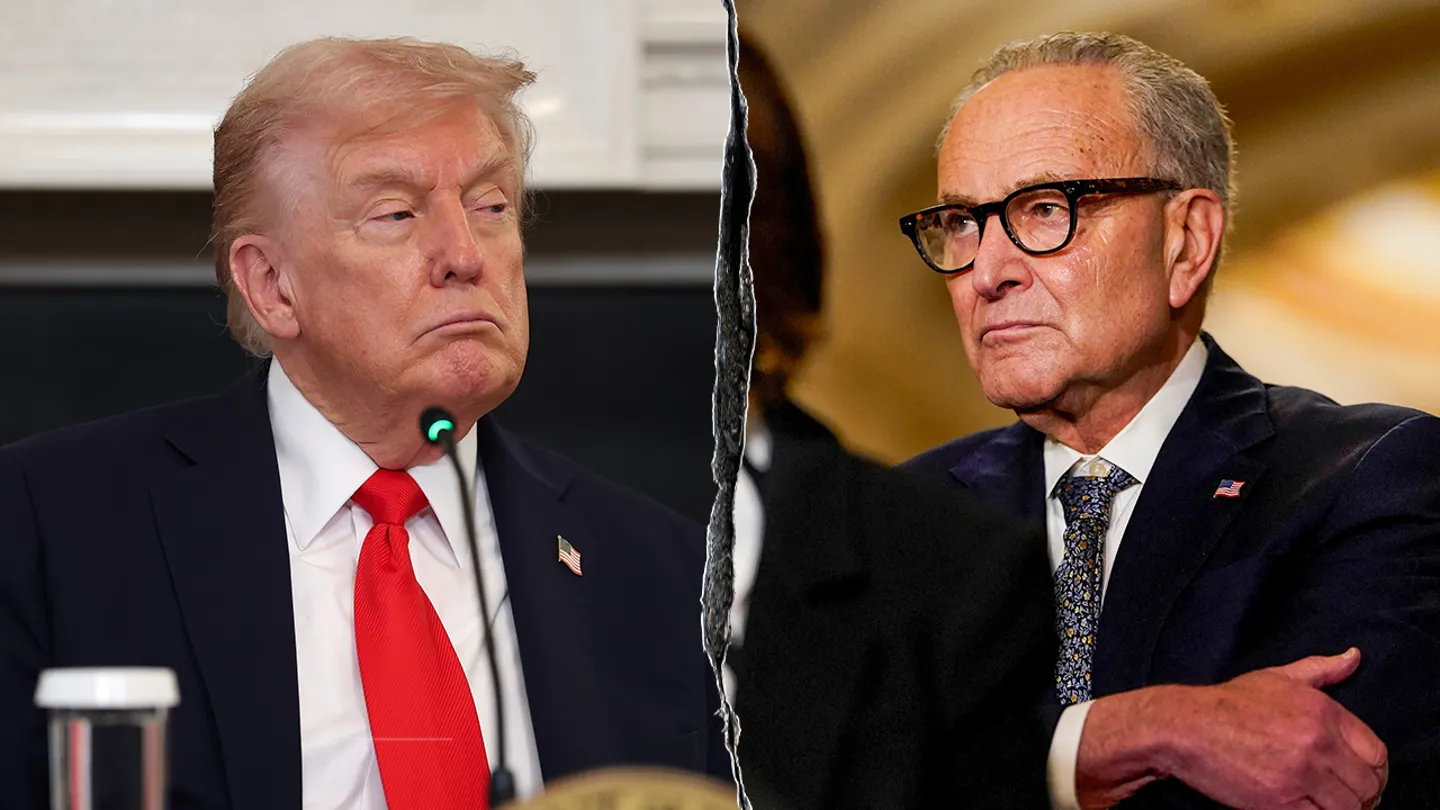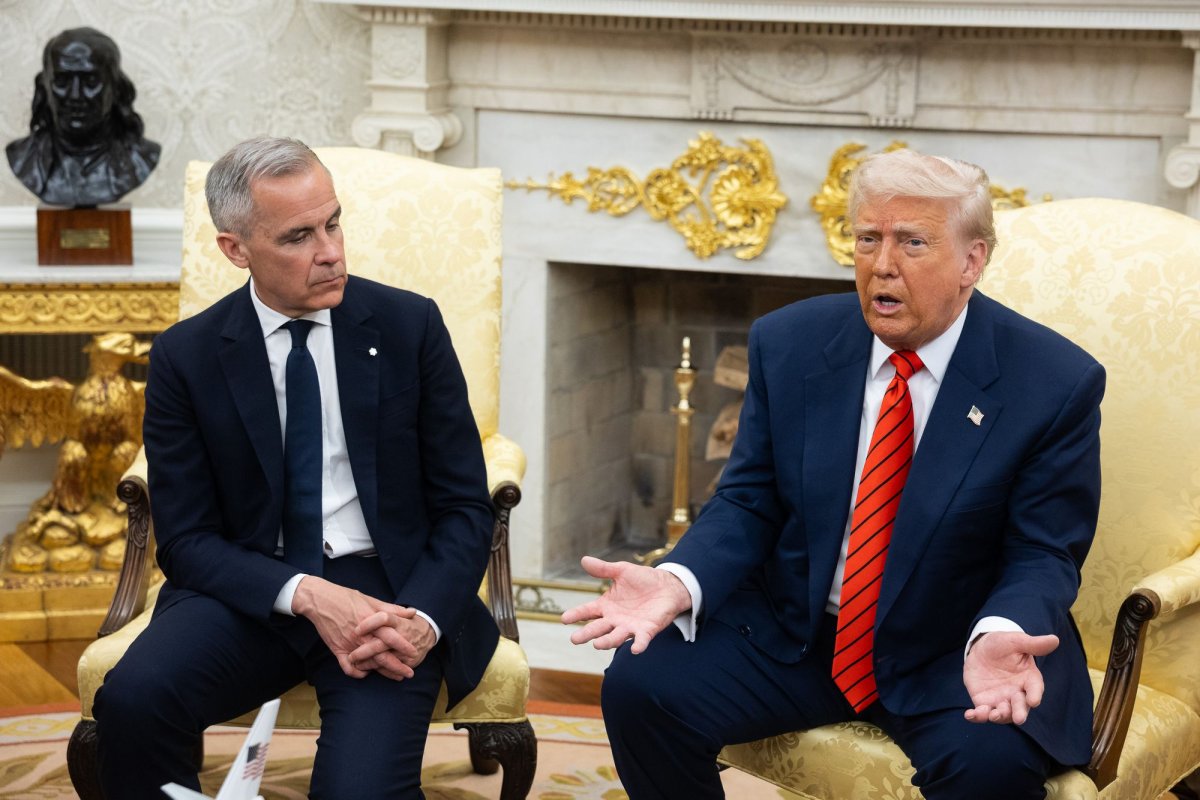The U.S. House of Representatives Foreign Affairs Committee unanimously passed a bill on March 21 that would impose stricter congressional scrutiny on the U.S. State Department’s future efforts to sign, renew or extend any technology agreements with China. The bill could pose a significant obstacle to the regular renewal of the U.S.-China Science and Technology Cooperation Agreement (STA).
According to the South China Morning Post, the bill, proposed by U.S. Representative Andy Barr, Republican of Kentucky, requires the Secretary of State to provide Congress with detailed information about the agreement, including its benefits and risks, before implementing such an agreement. If passed, the Biden administration would also need to wait at least 30 days after submitting the agreement, during which time Congress will assess national security risks and human rights considerations.
The committee voted 50-0 to pass the bill; specific dates for House and Senate votes have not yet been set.
The Sino-US Science and Technology Cooperation Agreement (STA) is one of the cooperation agreements signed when China and the United States established diplomatic relations in 1979. It is updated every five years and aims to promote cooperation between the two countries in a wide range of fields such as science and technology. , the agreement received a six-month extension in August last year. In February this year, the agreement was extended again, but only for six months. The White House did not announce an extension and administration officials did not comment on the matter.
Under existing agreements, U.S. and Chinese researchers have enjoyed financial, legal and political support for decades, fostering scientific collaboration. Supporters of the agreement say it protects American scientists in China and promotes research in the United States by allowing access to critical Chinese databases, especially in areas such as health research.
However, critics argue that the Chinese government’s “oversight and control of science and technology projects within its borders allows Beijing to use science and technology associations to address scientific gaps, hone skills, and leverage the fragmented academic landscape in the United States to develop research in electric vehicles and renewable energy. ” Establish a dominant position in energy and other fields.”
On Thursday, the U.S. House Foreign Affairs Committee passed a bipartisan bill to impose sanctions on 205 members of the Chinese Communist Party’s Central Committee and their adult family members.
According to the text of the bill, if the U.S. president determines that Beijing has “ceased its genocide against Uyghur Muslims,” ceased “all forms of threats, military exercises, and aggression against Taiwan ,” and “ceased” its destruction of Hong Kong’s autonomy, “, and by stopping his “efforts to steal American intellectual property,” he could drop sanctions.
In this regard, the chairman of the US House of Representatives Foreign Affairs Committee and the senior Democrat of New York State, Gregory Meeks, expressed opposition. “Sanctioning all senior leaders at once will damage U.S.-China relations while failing to stop China and its bad behavior,” he said.
He added that this would affect U.S. officials and businesses “who may need to engage with Chinese officials to advance U.S. interests.”




